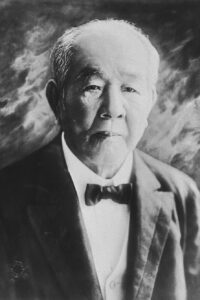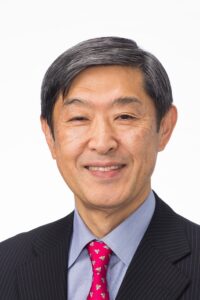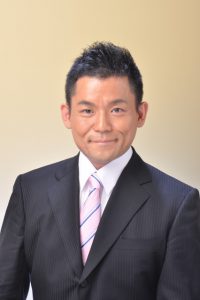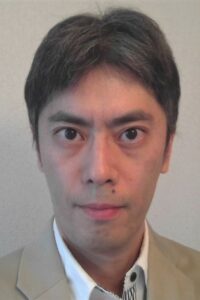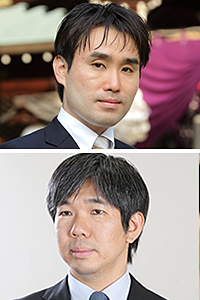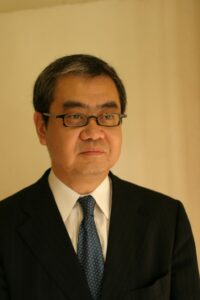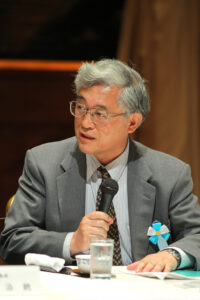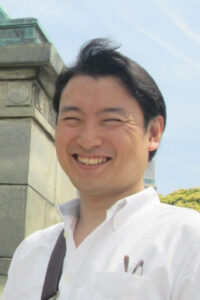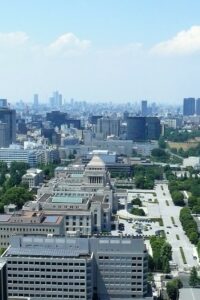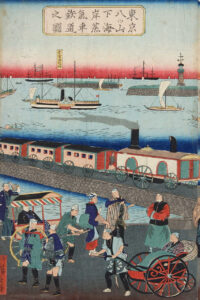
Underpinning the modernization of Japanese industry were its railways. Work started on Japan’s railways during the Meiji period (1868–1912), with the help of the British. While playing a supporting role in industrial development, the railways developed chiefly around passenger transport. These days, Japan has started to export railway technology, and is contributing to the development of railways in other countries, including the UK, the birthplace of rail travel. 24.598 billion. That’s the number of people who used railways across Japan in fiscal 2016, accounting for roughly 40% of all rail travel worldwide. With 214 operators covering a total distance of approximately 28,120 kilometers, the Japanese rail network provides support for passengers traveling around metropolitan areas, from major cities out to the suburbs, and between cities. With most of the country’s population concentrated in its cities, that is where there are most rail services, providing ... ... [Read more]
